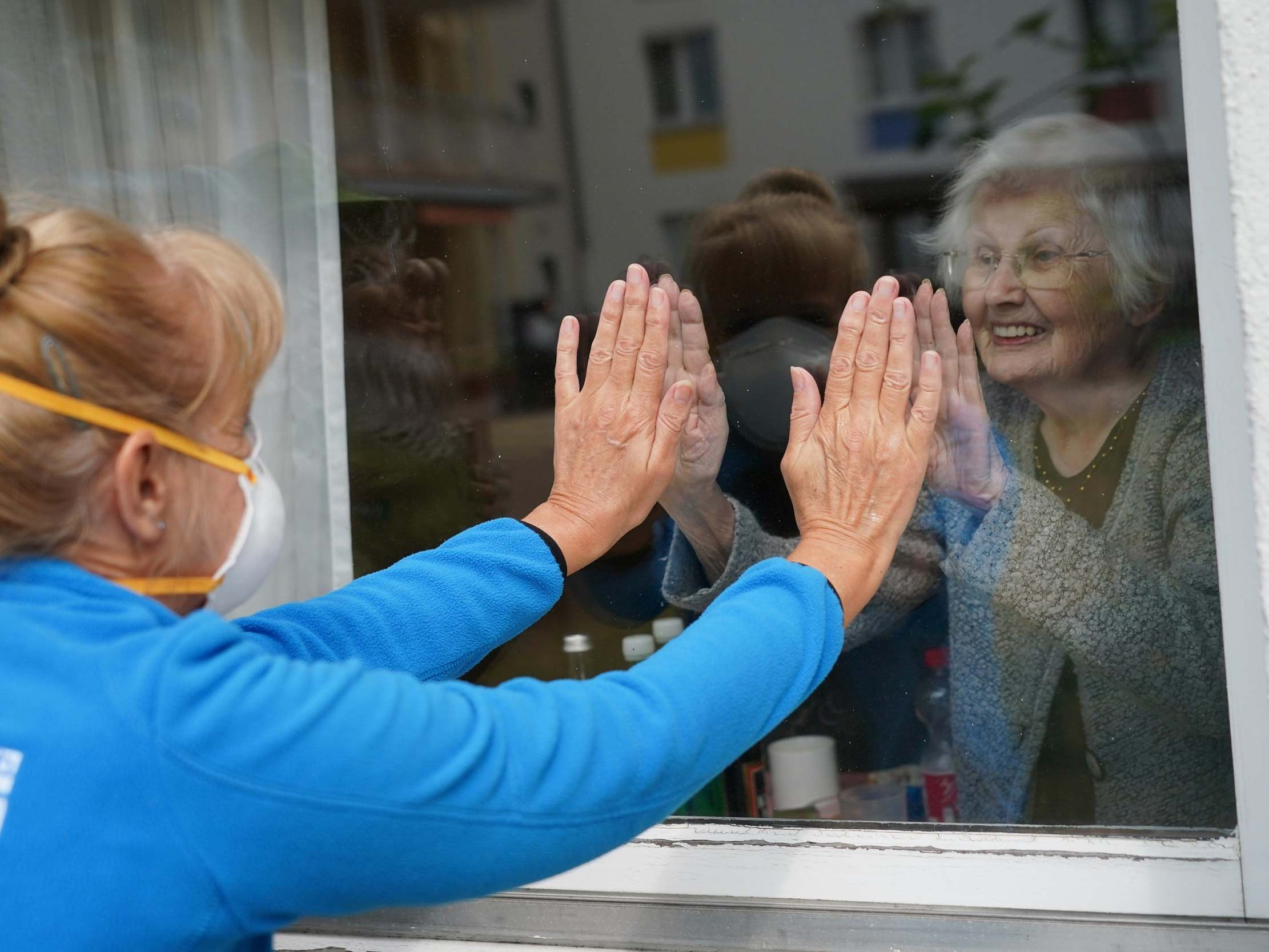
Vulnerable people who have been shielded at home due to higher risk of coronavirus may not have been in such danger as originally thought, an expert adviser to the government has said.
Professor Peter Openshaw, who sits on the government’s New and Emerging Respiratory Virus Threats Advisory Group, said the guidance could be “fine tuned” for people with conditions such as asthma and some cancer patients, who are “not as vulnerable as we thought”.
It comes after Boris Johnson announced that more than two million clinically vulnerable people who have been shielding since March will finally be allowed to leave their homes from Monday.
Download the new Independent Premium app
Sharing the full story, not just the headlines
Those classed as “extremely clinically vulnerable” include organ transplant patients, cancer patients, and those with severe respiratory conditions such as cystic fibrosis.
Asked if the right people had been shielded, Prof Openshaw told the BBC’s Andrew Marr Show: “That’s a really important question.
“At the moment, the order to shield has been based on the presumption of sensitivity to coronavirus but there are some huge studies coming out now, and I think with this new information it may seem that many people who we thought might have been vulnerable in fact are not vulnerable.
“In particular people, say, who have recovered from cancer five years previously may think that they are susceptible but in fact it looks quite clear that people who have recovered and are now well and are not on any anti-cancer drugs are actually relatively safe.
“The same for asthma, which we knew to be a major risk factor for influenza, but now seems not to be a risk factor, unless you’re on oral steroids so a subset of asthmatics may be susceptible.
“I think we’re going to be able to fine tune the advice now, and actually reassure some people who we feared might be susceptible, that in fact, they’re not as vulnerable as we thought.”
Prof Openshaw joined the growing number of scientists expressing concern about the pace of lifting the lockdown, saying people must proceed with “great caution”.
The latest news on Brexit, politics and beyond direct to your inbox
Asked if the government is going too fast, he said: “I think there is a pretty unanimous message now that we need to take this slowly and go step by step.
“We need to evaluate the effect of each step before we move to the next one. I don’t hear any great dissent amongst the advisers who are speaking in public at the moment.”
Dominic Raab, the foreign secretary, admitted that the government was pressing ahead with the easing of measures, despite the country currently being at level four of its own risk scale.
The prime minister previously said that lockdown restrictions would not be lifted until the country reached level three.
Mr Raab said it was a “sensitive moment” but added: “We can’t stay in lockdown forever.”


